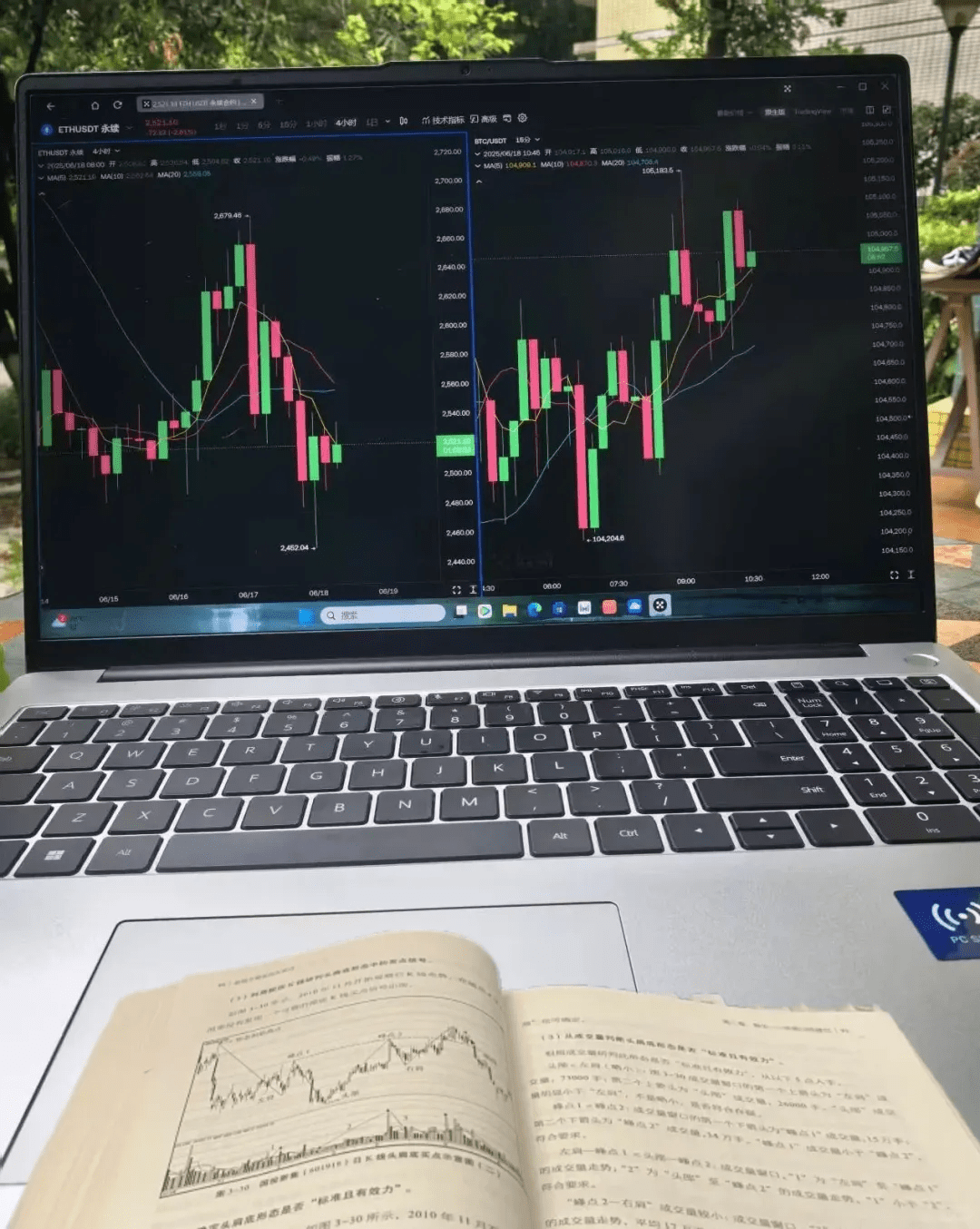True trading experts are never the most flamboyant types in the market; they often carry a calmness that comes from being tempered by experience - when trading truly becomes a 'livelihood', what supports them is never the carnival of short-term profits, but the certainty and clarity within.
1. In mindset: say goodbye to 'the need for validation', maintain 'a sense of rhythm'
No longer eager to show off a 'godly trade' that resulted in profit, nor will they waver in judgment due to others' doubts; they also won't be swayed by daily market fluctuations, feeling ecstatic over small gains and anxious over small losses. They are like seasoned farmers familiar with the changing seasons, knowing their trading rhythm: understanding which market conditions are 'opportunities' to act decisively and which fluctuations are 'noise' that require patient observation.
The fantasy of 'overnight wealth' has long faded; they do not pursue the legend of 'doubling in a single trade', but care about 'long-term stability' - just like the laws of spring planting, summer cultivation, and autumn harvest, to them, trading is a step-by-step accumulation, not a gamble on luck.
2. In cognition: understand the true meaning of 'stability', bear the resilience of 'losses'
They deeply understand that 'stable profit' is never 'making money every day', but the ability to traverse market cycles: even if they experience the bear market's winter, even after several consecutive losses, they can still calmly execute the established strategy without letting short-term setbacks disrupt long-term plans.
Watching the slowly but steadily rising growth curve in their accounts, they have long been accustomed to 'moving at a steady pace' - daily profits do not make them elated, and daily losses do not make them panic. The core competitiveness of top traders is not the talent of 'being born to make money', but the calmness in the face of losses and the resilience to strictly execute plans even after losses.
3. In action: trust 'methodology', abandon 'luck'
Their profits do not come from 'feeling right' or 'betting on the right direction', but from a set of strategies validated by the market: when to enter the market, there are clear signals; when to stop loss or take profit, there are clear rules; every decision is supported by logic, not impulsiveness.
Because of this, regardless of whether the market is trending upward, experiencing violent fluctuations, or continuously declining, they can respond calmly - because they rely on 'replicable methods', not 'uncontrollable luck', which is the fundamental reason they can stand firm in the long term.
4. In choices: accept 'the truth of trading', rather than 'the shortcut of illusion'
No longer blindly believing that 'trading can easily achieve financial freedom', they are clearer about the underlying reality of this industry: they must endure loneliness, studying the market until late at night is the norm; they must withstand pressure, needing to digest emotions alone during consecutive losses; they must tolerate monotony, with repetitive execution of strategies and review being part of daily life.
They have long understood that trading is never 'taking shortcuts', but a path that requires continuous refinement - not because it is easy, but because they recognize the logic of 'exchanging cognition for returns', so they are willing to accept its hardships and uphold its rules.
When trading returns to its essence: clear awareness + strict execution
When a person no longer has unrealistic expectations of trading, no longer pursues the myth of 'quick riches', but only has reverence for the market, trust in strategy, and adherence to execution - this is the true mark of 'being able to make a living from trading'.
In the end, what matters in trading is never 'how complex the technology is', but 'how clear-headed the person is': clearly knowing what money can be made, clearly accepting the mistakes that will be made, and clearly maintaining one's capability boundaries.
#比特币巨鲸换仓以太坊 #机构筹资布局SOL #美联储降息预期



